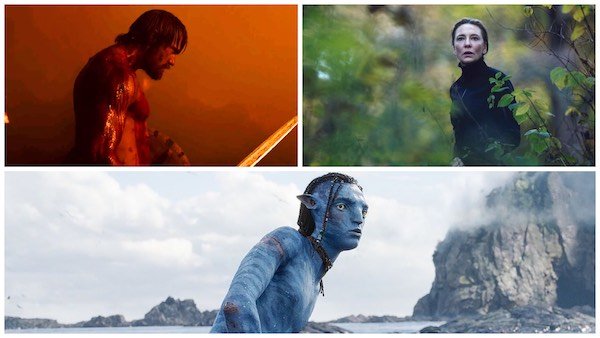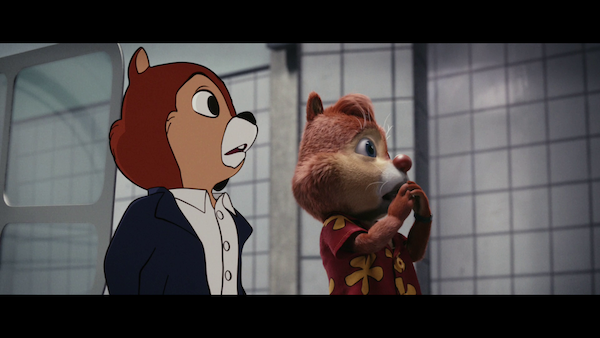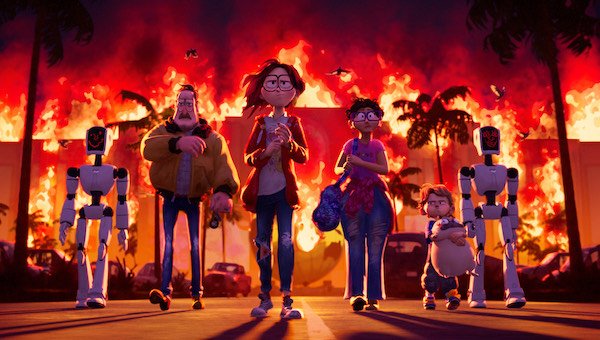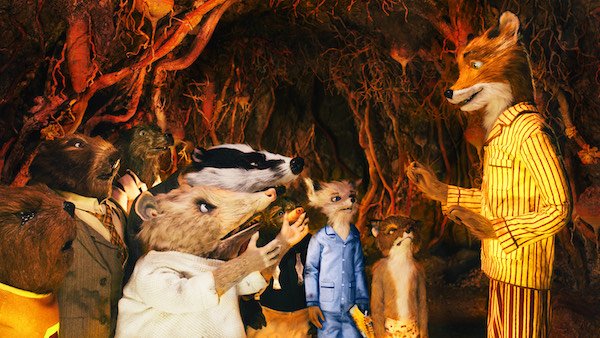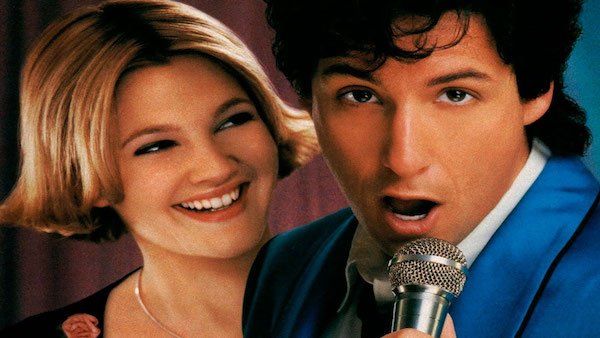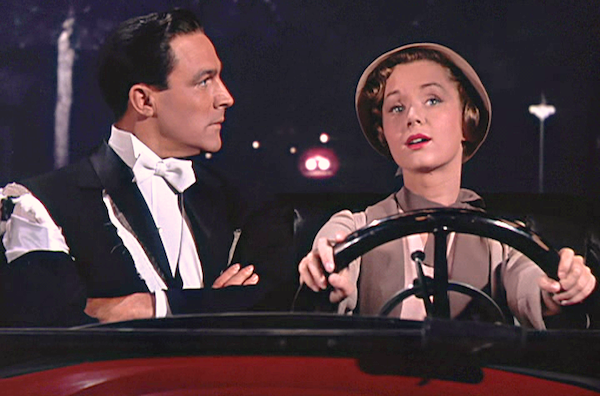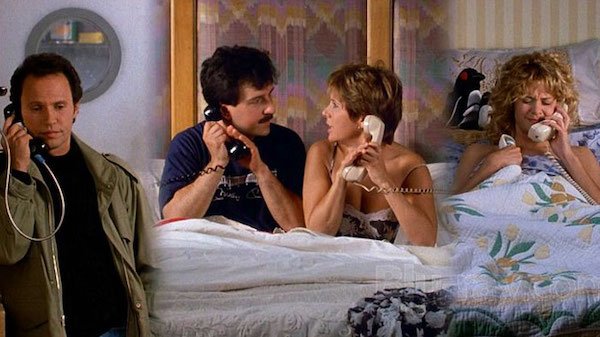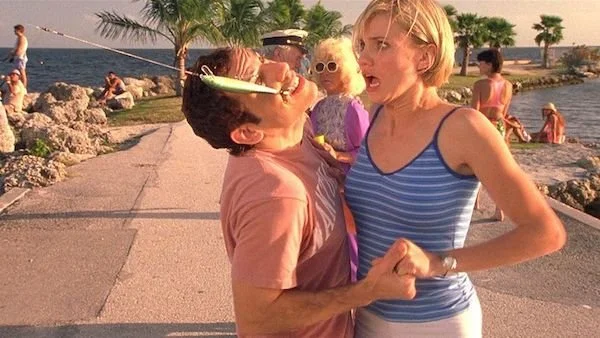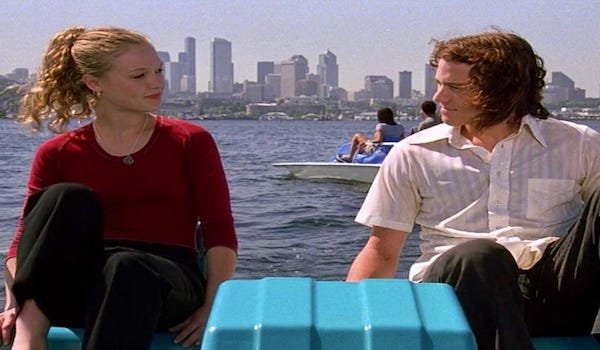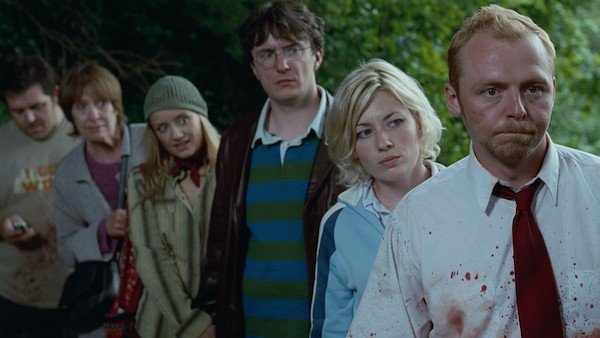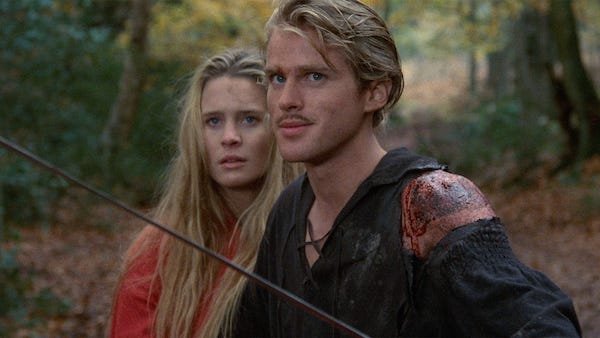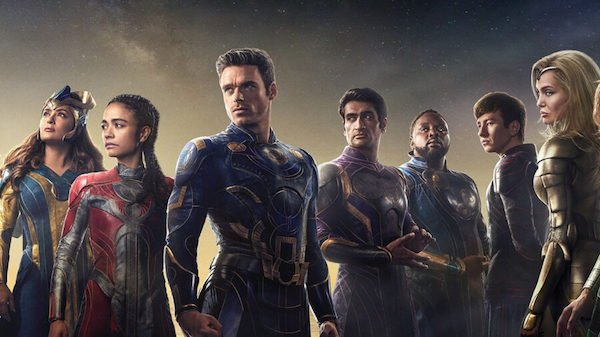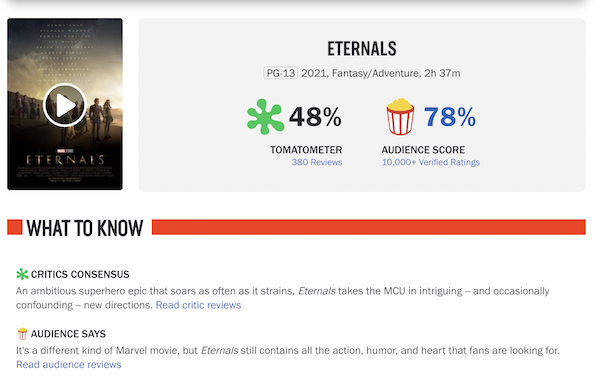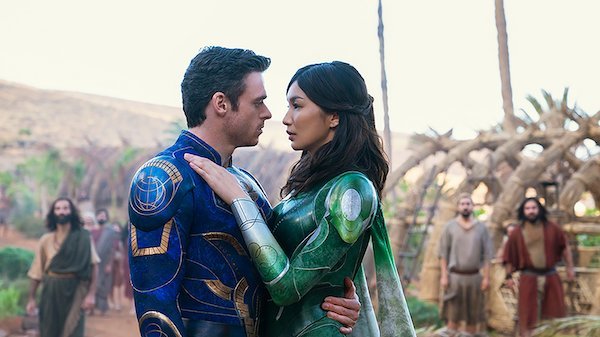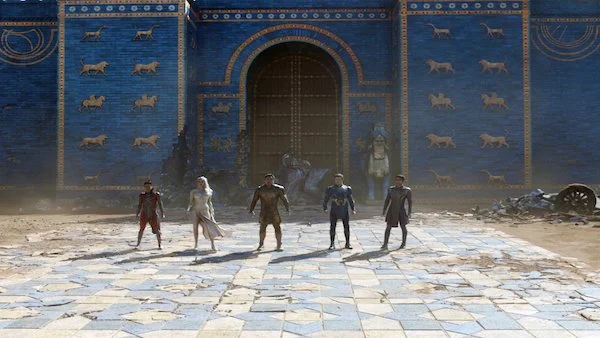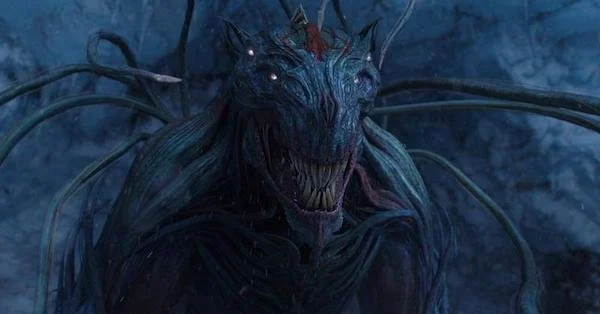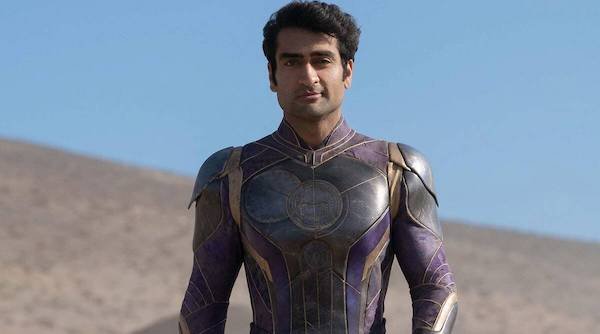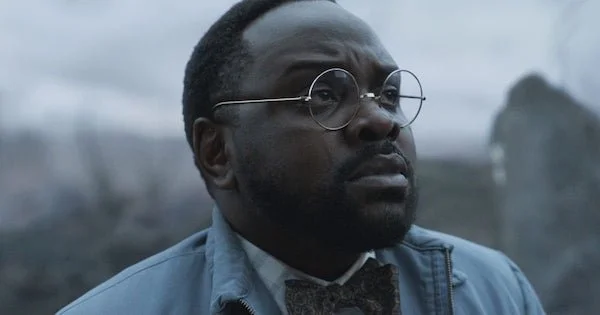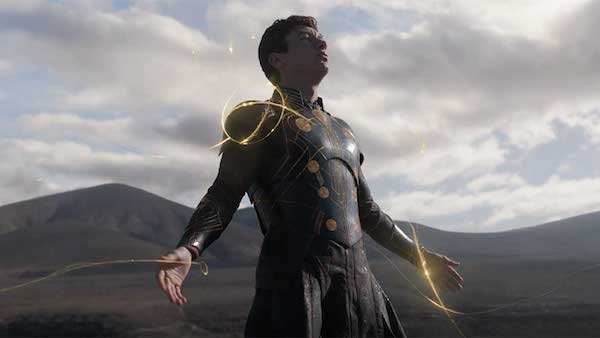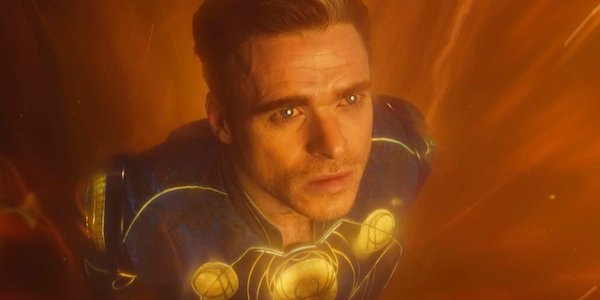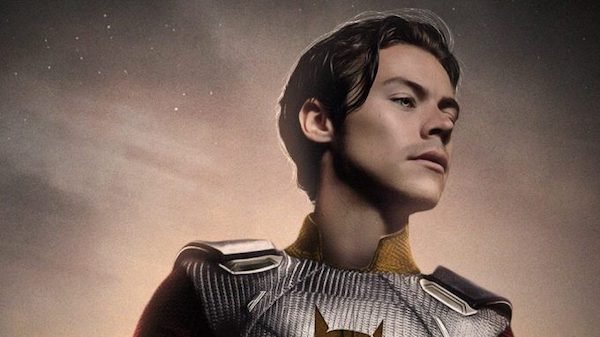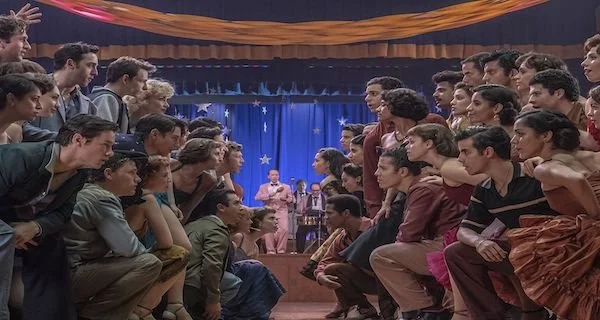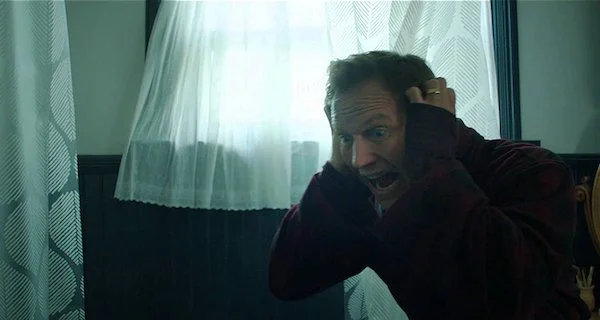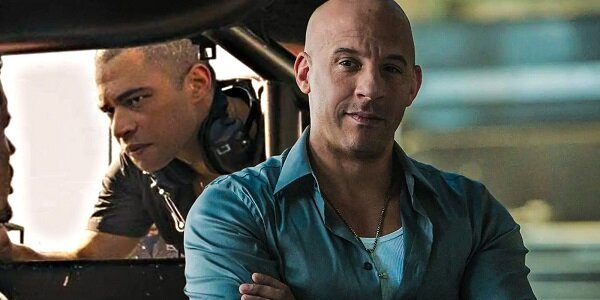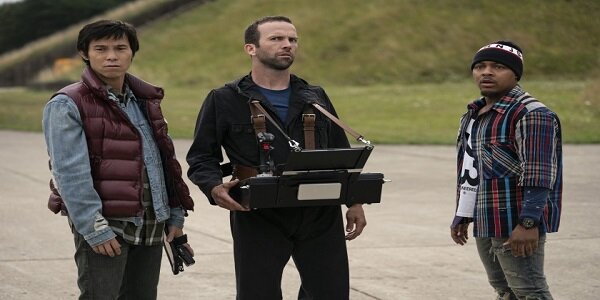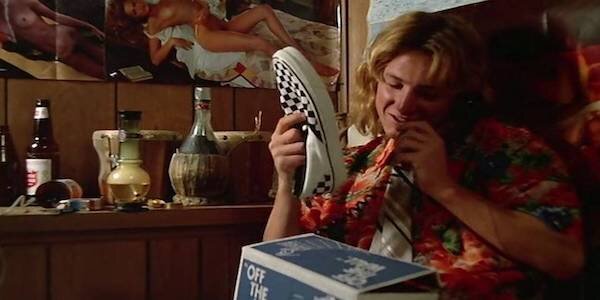The Hits & Misses Of 2022: A Year-End Review
For movie enthusiasts, 2022 was a grab-bag of scattered highlights. From tentpole blockbusters to finespun festival darlings to the long-awaited return of our favorite band of jackasses, this year has produced a multitude of cinematic expressions ranging from the highest calibers of art to the lowest brows imaginable.
As the instant streaming model continues to disrupt theatrical rollout strategies, diminishing COVID fears and mounting resentment over the monopolization of VOD platforms has helped stage a pushback in the opposing direction. Sales from domestic ticket revenue have risen over the last year, projecting $7.4 billion in domestic returns, with much credit to massive franchise players like Top Gun: Maverick, Jurassic World: Dominion, and a few surprise hits.
There’s a long road ahead in repairing what was lost in the pandemic, but this year gave us hope we can cling to and highlights that far eclipse the lowlights. Since I wasn’t able to write about everything I’ve seen this year, here’s a postmortem of the highs and lows on my 2022 long list.
Hit:
Guillermo Del Toro’s Pinnochio
As a visionary who interprets the harshest truths of the real world through a dazzling kaleidoscope of myth and fairy tale fable, Guillermo Del Toro approaches Pinocchio as a dark, handcrafted fantasy that chronicles Italy during the First Great War and the rise of fascism.
Inspired by Walt Disney’s benchmark of 1940s animation, Del Toro’s iteration tells the story of an aging Geppetto and his wooden boy, whose naive tendencies often find him in precarious situations. With the world on the brink of global conflict, Pinocchio must make the ultimate sacrifice to find out what it means to have a heart.
Coming just one year after his Oscar-nominated noir thriller Nightmare Alley, Guillermo Del Toro delivers an immaculate experience with Pinocchio. Given free reign over his passion project by Netflix, this stop-motion animated feature evokes shades of his 2006 classic Pan’s Labyrinth in how it explores the grim realities of fascism through the wonderous lens of a fairy tale.
Miss:
Angus MacLane’s Lightyear
To admit you didn’t enjoy Lightyear is to compartmentalize your lifelong adoration for the Toy Story franchise. In the 27 years since our first meeting with the intrepid spaceman, Disney’s creative priorities have shifted away from innovations in animated storytelling. Makes sense from a business perspective; in today’s competitive climate, there’s less risk in rehashing a formula they helped pioneer rather than taking a swing at something entirely new.
In stark contrast with Pinocchio, Angus MacLane’s Lightyear is an emotionally vacant return to Pixar’s most cherished property with a revisionist take on the iconic space ranger that expands his backstory but abandons the emotional weight behind its original concept. What began as a heartwarming tale about toys finding their purpose becomes a cosmic clutter of visual effects and labored execution that leaves audiences feeling manipulated by its force-fed character development.
Hit:
Claire Denis’ Stars At Noon
Perhaps the most spellbinding spy thriller in years, Stars At Noon trades in its golden gun for a stylish, immaculate vibe with kinetic energy and a lounge jazz score. Despite its arresting visuals, it’s deliberately written to frustrate viewers who expect it to hold any hands through its elusive storyline.
Rather than cloning the framework of James Bond, legendary French filmmaker Claire Denis interprets the 1986 novel by Denis Johnson as a sleek, sexy arthouse film driven not by a straightforward narrative, but by the sheer sensual magnetism between its co-leads Margaret Qualley and Joe Alwyn.
Taking place in Nicaragua during a period of civil unrest, the film’s espionage component is the free-flowing undercurrent of a budding romance between Trish and Daniel, one a journalist stranded behind enemy lines, the other an intelligence operative carrying out a deadly mission. With no plot contrivances, we’re inevitably swept up in Stars At Noon’s orbit and held firmly by Denis’ powerful direction that paints the humidity of South America with youthful radiance and seductive bewilderment.
Miss:
Olivia Wilde’s Don’t Worry Darling
Cheap shots and media headlines aside, Don’t Worry Darling was postured for potential greatness. All the pieces were in place: Olivia Wilde gave us reason to anticipate her follow-up to Booksmart, Florence Pugh’s cumulative track record was pristine, and pop icon Harry Styles did a good job occupying the limited space he was given in Dunkirk.
Although there are some highlights to mention, specifically Chris Pine’s subtle intensity as the film’s antagonist and the post-war era production design by Katie Byron, Don’t Worry Darling’s fatal flaw is in the structural integrity. Rather than its protagonist Alice, the script is only in service to its shakey third-act twist that suffers from deathly self-seriousness. Without proper context and clear motivations, audiences are unable to get a clear understanding of its heroine or her struggle against the shadowy order at the helm of its sun-bleached dystopian setting.
Hit:
Daniel Kwan and Daniel Scheinert’s Everything, Everywhere, All At Once
With culture approaching a stalemate in the ongoing saga of live-action superhero movies, this cult sensation restored our faith in the multiverse as a sprawling playground of imagination when paired with the right choreography, detailed character development, original humor, cultural resonance, and well-rendered sentimentality.
Everything, Everywhere, All At Once is an eccentric sci-fi action adventure that follows a struggling Chinese matriarch (Michelle Yeoh) on a collision course with destiny as she confronts her financial woes, a failing marriage, and a strained relationship with her daughter all while on a daring journey through the multiverse.
Striking perfect harmony in the margins between action, heart, and absurdity, Daniel Kwan and Daniel Scheinert’s film finds elasticity in the framework of genre and obliterates all expectations for what a multiverse movie still can do. With a total devotion to creativity, Everything, Everywhere, All At Once attempts to reclaim and redefine a subgenre whose tropes we’ve grown desensitized to.
Miss:
Sam Raimi’s Doctor Strange In The Multiverse Of Madness
Heading into the new year, Disney’s Marvel Studios continues to rank among the highest-earning production companies, despite the massive dip in critical approval. The studio also found itself embroiled in controversy after numerous visual effects artists have come forward with their stories about worsening labor conditions and the churn-and-burn mentality that Disney has imposed for their cash cow franchise.
Among them is the sequel to Doctor Strange which finds horror legend Sam Raimi back in the director’s chair. While he displays a mastery of skill at creating set pieces that remind us of his roots, the scope of the story’s ambition ditches the organically scrappy vision that made Spider-Man 2 such a fun and campy superhero romp. Instead, his style becomes sidelined and eventually derailed by the contrivances of the studio’s multiversal plot element.
Hit:
Martin McDonagh’s The Banshees Of Inisherin
Finding humor in dark places is a lifelong project for the playwright-turned-filmmaker Martin McDonagh. Re-teaming with his leads from In Bruges, McDonagh weaves this masterful folk tale about two best friends in a rustic lake town who abandon their long-standing alliance to enter a grisly and unexpected blood feud during the Irish Civil War.
Banshees Of Inisherin is a tightly coiled dramedy that makes the most of its lead performances from Colin Farrell and Brendan Gleeson, one being the lovable dimwit, the other a tortured artist who finds himself at a crossroads. By dealing out shock and wit in equal but contrary measures, McDonagh provides sobering reflections on the irresolvability of conflict and the impermanence of legacy.
Miss:
Robert Eggers’ The Northman
Following the acclaim of his first two feature films, Robert Eggers has earned his place as one of the most talented young voices in cinema today. The Witch and The Lighthouse floored audiences with the degree of historical texture he applies to genre filmmaking. Though he’s an expert in authenticity, he gets lost in the weeds of a perplexing script with his Viking revenge epic The Northman.
The mud-and-bloodsoaked action movie tracks the fearless odyssey of a Norse warrior (Alexander Skarsgard) on a relentless quest to get revenge on the uncle (Claes Bang) who murdered his father and usurped his throne many years ago. With an unassailable premise, The Northman overcomplicates things by swerving into a mystifying realm of spiritual psychedelia. Perhaps expectations just didn’t align, but Eggers’ latest was a surprising letdown that feels like Hamlet on bath salts.
Hit:
David Cronenberg’s Crimes Of The Future
Advancements in biotechnology and human evolution are the dueling forces at play in this mind-bending sci-fi trip from David Cronenberg, the ruling monarch of body horror. Returning to the subgenre he helped establish, Crimes Of The Future is one of the most disturbing moviegoing experiences of 2022.
The film picks up in a timeline where mankind is forced to adapt to the omnipresence of microplastics by miraculously growing new organs. Seen through a performance artist’s (Viggo Mortensen) morbid act of showcasing his own live surgeries, the artist’s death-defying act will attempt to bridge the gap between art and empirical science in an age where “surgery is the new sex”.
From Scanners to Eastern Promises, David Cronenberg is one of the last surviving pioneers of dangerous cinema. This stylized neo-noir isn’t without its imperfections, but its cinematic value lies in Cronenberg’s uniquely calibrated eye for peerless production design. Its aesthetic is futuristic but unmistakably body horror, all constructed practically, which pushes the boundaries of the medium to a gold standard he himself set over 40 years prior.
Miss:
Alex Garland’s Men
There are very few filmmakers with such a high ceiling for greatness, they’re granted “hall passes” by disciples of their work. Like writer-director Alex Garland, who has amassed a fiercely loyal fanbase after his involvement in such contemporary sci-fi classics as 28 Days Later, Dredd, Ex Machina, and Annihilation. In spite of his outstanding track record, his latest film Men was a fumbling psychological puzzle whose pieces don’t ultimately align.
Starring Jessie Buckley and Rory Kinnear in a pair of key roles, Men is a hallucinatory thriller about a woman who embarks on a remote getaway after enduring tragedy, only to find a strange local man who harbors a dreadful secret. Using equal parts melodrama and psychological horror, the total sum of Men delivers flashes of impressive filmmaking but ultimately fails to set up an appropriate sense of resolution. Even its powerful, unsettling atmosphere can’t rectify Garland’s inane script that explores the inherent oneness of toxic masculinity, but trips itself up with its own lofty ambition.
Hit:
James Cameron’s Avatar: The Way Of Water
The long-awaited sequel to James Cameron’s epic plunges you into the deep blue oceans of Pandora, a dazzling world that broke ground in its technical sophistication and total box office gross over 13 years ago. But what sets this installment apart isn’t just its robust visuals, but the bracing reminder of Cameron’s roots as an action movie director. And a damn good one, at that.
The Way Of Water finds the fully assimilated Sullivan clan seeking refuge in the oceanic realms of Pandora with an aquatic race of Na’vi, where a dangerous confrontation brews against a merciless fleet of Space Marines. It parallels Titanic, a movie that runs long in stretches but pays off with a barn-burner third act, whose jaw-dropping set pieces fill the big screen with lush bursts of color and fury and chaos.
As he’s known to do, Cameron also expands the horizons within the universe of Pandora, teeming with life both big and small. From darting schools of minnow fish to massive, sentient whale-like creatures, Avatar: The Way Of Water is a showcase in world-building whose recent crossing of $1 billion at the global box office is a proud vindication of Cameron’s seismic contributions to the history of breathtaking cinema.
Miss:
Joe and Anthony Russo’s The Gray Man
Don’t be fooled by the name; there’s nothing gray about this gaudy spy flick starring Ryan Gosling, Ana De Armas, and Chris Evans that made Netflix history as their most expensive project to date, clocking in a staggering budget of $200 million. Directed by Joe and Anthony Russo, The Gray Man is a mediocre send-up of the espionage subgenre that, despite some visual flair, falls flat as a standalone action movie.
In the genre’s landscape post The Raid and John Wick, it’s easy to notice The Gray Man’s action sequences that are chopped together in jarring, spastic rhythms. With no sense of combat staging and action choreography, it’s hard to follow along with the visual feast the film attempts to offer its viewers. It may be pretty to look at, but the Russos’ latest comes across more like a Fast and Furious movie without an emotional investment in the characters.
Hit:
Todd Field’s TÁR
The drama of TÁR is human in nature but massive in the scope of its questions. Todd Field’s exquisite script examines polarizing issues through the eyes of Lydia Tár, a world-renowned symphony composer who’s rocked by a scandal that threatens her prestige in the public and personal eye.
This powerfully relevant drama walks the balance beam of modern life by painting a fair depiction of her psychological erosion as the world around her begins to question the content of her character. In an ever-changing world that begs a total reconsideration over how we define the endurance of legacy, TÁR begs audiences to ponder the question: can we ever truly separate the art from the artist?
The film’s nucleus is the career-defining heel turn from Cate Blanchette as its egocentric anti-hero Lydia Tár. She plays the part to absolute perfection, with many not realizing she wasn’t actually based on a real person. With award season well underway, Blanchette is poised for overwhelming recognition.
Miss:
Steven Spielberg’s The Fabelmans
From unwarranted reboots to the revival of Kate Bush, nostalgia is the primary force driving most entertainment in the 21st Century. As the streaming model puts a huge question mark on the future of cinema, a new trend has emerged that finds filmmakers recapturing the dramatic essence of their childhood.
In recent examples like Kenneth Branagh’s Belfast and Charlotte Wells’ Aftersun, these cinematic period pieces explore a wide swath of emotions that feel tenderly excavated from the filmmaker’s past. Though they generally find universal acclaim, few have been bogged down by the glaring presence of hyper-melodrama like Steven Spielberg’s The Fabelmans.
For someone like Spielberg who has mastered the language of film, every stylistic choice that defines his signature style feels weirdly out of place in a movie so personal to his own life. Outlining an assortment of personal struggles including his Jewish American heritage and the dissolution of his parent’s marriage, the bloated melodrama undercuts some astounding performances with an exaggerated romanticization that better suits his less intimate work.
